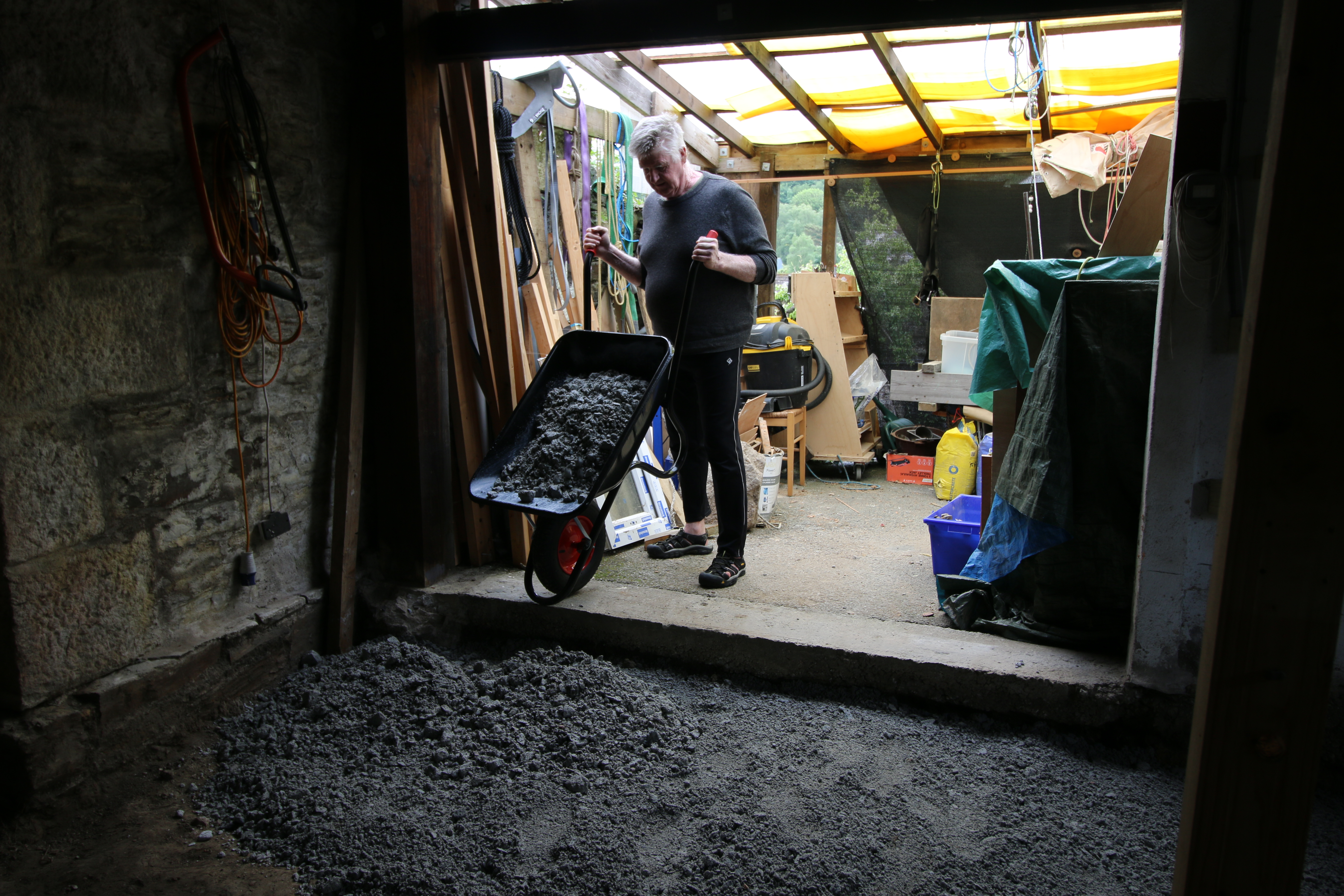The comment also raised the issue of perhaps putting in a fixed waterproof VHF capable of 25W transmission in Arwen. It didn’t answer my initial query of whether or not my 5W hand held would be adequate enough. However, the very nice guys at the Dinghy Cruising Association Yahoo group came to my rescue and the consensus seems to be that the original radio transmitters will be kept and so my 5W output will be picked up and relayed to Falmouth or Southampton with no problem at all.
So this comment from HM coastguard got me thinking further about a) putting a fixed VHF unit into Arwen and b) about the implications of the proposed cuts and closures to HM Coastguard stations.
Firstly the fixed radio issue. My thanks must go to DCA members for such a quick and illuminating response. When you are new to this – it is reassuring to know that experienced advice is only an email away. DCA members put the following case for and against having a fixed waterproof VHF in an open dinghy.
Oliver briefed me that “all new fixed VHF sets are DSC enabled. This includes the facility for automated distress calls. The better ones enable the radio to be interfaced with a GPS set, so that the automated distress call can include the GPS position. However, if you have only the pre-DSC operator's licence you will need to upgrade. Entry level fixed sets are around £100, but you get what you pay for, and it may well be worth paying significantly more. Some of the "professional quality" sets are I think around £450”. At which point – this just goes well outside my potential budget!
This is a Cobra MRF55 DCS fixed unit which can be got for around £90 at the moment
Installation of a fixed unit will require a masthead antenna. The height of the antenna will be one of the factors that determines the range of communication. Wattage output is the other. A fixed radio needs an external 12V battery which will need to be leak proof and firmly secured (so it doesn’t go flying in a capsize). What kind of battery also raises questions – cheaper car batteries are often not leak proof. Miniature 12 V batteries can be bought but again are not always leak proof. The radio set will need to be waterproof – not so much of a problem I guess since rib runabouts must have VHF units which are fixed and therefore waterproof. A capsize is likely to damage a mast head antenna and so the radio is gone as well in that eventuality.
Oliver also suggested an alternative approach - using a masthead antenna with my existing hand-held set. I will have to check but I think my handheld does actually have an antenna socket. Solves the battery problem but since it’s only a 5W handheld – not the power outage one; similarly a capsize could lose the masthead antenna – so no progress on that front either.
And now to the coastguard reorganization/closures. Falmouth will go to daylight hours only. Brixham will close. There will be a new super centre at Southampton/Portsmouth. HM coastguard tells me that the original transmitters will stay. They didn’t say that my hand held would still be picked up but read their reply comment on the post below. I may well, through inexperience, have lost the full implications of what they are saying to me. I think this is where I am at, at this time. Some argue that MRCC’s are merely call centres which reroute distress messages to local staff on the ground in that area (SAR, RNLI, Coastguard cliff teams, Harbour Masters etc). I’ve heard the argument that air traffic control is only two centres for the whole of the UK. There is some validity to these arguments. However, experience suggests that when you rationalize you do lose that local knowledge element that can be so valuable and save vital minutes. Friends who work in various industries where their local centres have been closed in favour of one or two national centres tell me that because people at these centres don’t know the ground – they get the most stupid directions or instructions sent to them, which if those sending them knew the area – they’d know were impossible to fulfill or that there would have been better alternatives which only local would have known. I’m slightly baffled at how Falmouth has such a great reputation for dealing with international incidents way out into the north Atlantic and as far away as Bermuda…and yet they are to be reduced in staffing and down to daylight hours……doesn’t this expertise and proven success count for anything? Finally I’m worried that the consultation period is rather short……this government seems to be making a habit of rushing things through – education is littered with rushed through consultations at the moment. It is very easy to cut something in haste – it takes a long time to put what you cut back into action when you discover that your hasty decision was a cock up!
We are very lucky to have the Coastguard service we have – their experience and dedication is legendary. It should not be thrown away lightly! I’m still ambivalent about the government’s decision to cut coastguard provision….but I’m very distrustful of their consultation process and the speed at which they rush things through…….so I’ll suspend judgment for now and reflect and read further. Watch this space.
Steve
































